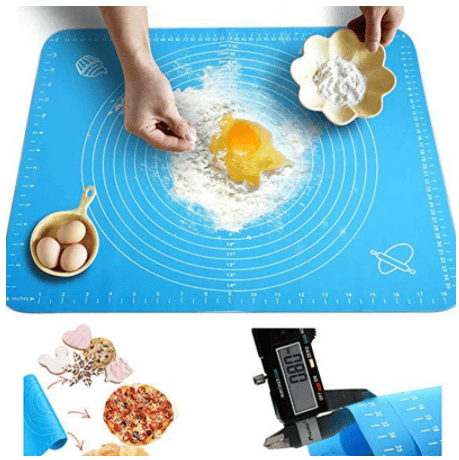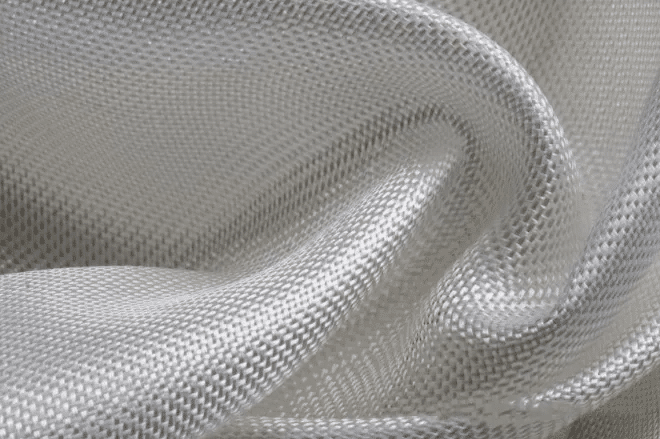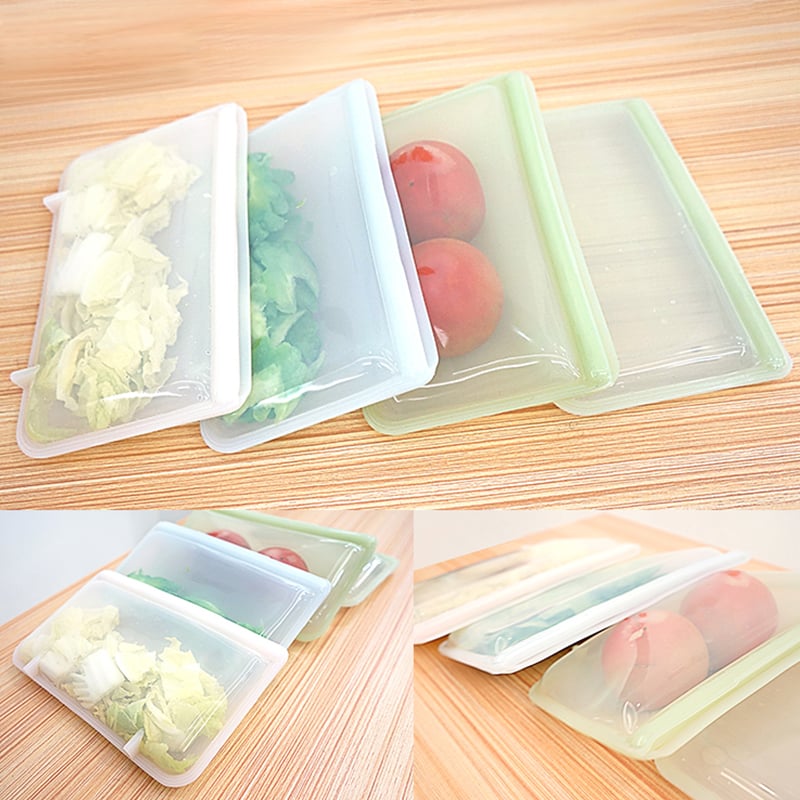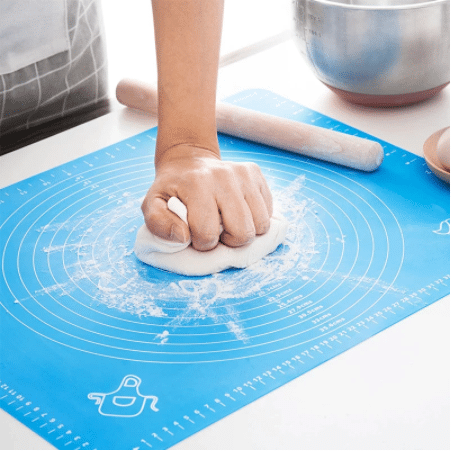Do Silicone Baking Mats Leach into Food?
Silicone baking mats have gained popularity as a reusable, non-stick alternative to traditional parchment paper and aluminum foil. Despite their many advantages, concerns have been raised about the potential leaching of silicone into food during the baking process. The objective of this article is to investigate whether silicone baking mats pose a risk of leaching into food, drawing upon scientific research and examining factors that may influence this potential issue. By providing this information, we aim to offer a comprehensive understanding of the safety implications of using silicone baking mats.
Overview of Silicone Baking Mats
Silicone baking mats are made from a combination of food-grade silicone and fiberglass mesh, providing a flexible, heat-resistant surface suitable for various baking and cooking tasks. Food-grade silicone is a type of silicone specifically designed for contact with food, and it possesses properties such as heat resistance, stability, and non-toxicity. To ensure the safety of silicone baking mats, they must comply with various safety standards and certifications, such as the United States Food and Drug Administration (FDA) regulations or European Union (EU) food contact material standards.If the FDA approved silicone baking mats. They are non toxic and safe. no health risks.
Related Reading
Is the Fiberglass in Silicone Mats Safe?
What Is Food Grade Silicone-A safe, durable and environmentally friendly new favorite in the kitchen
Chemical Composition of Food-Grade Silicone
Food-grade silicone is primarily composed of silicon, oxygen, carbon, and hydrogen, and it is known for its heat resistance and stability. It is generally considered an inert material, meaning it does not react with other substances under normal conditions. This inertness reduces the potential for leaching, especially when compared to materials like plastic, which can release harmful chemicals like bisphenol A (BPA) when heated.But silicone will not leach chemicals.So the silicone baking mats also.
Scientific Studies on Silicone Leaching
A number of scientific studies have been conducted to investigate the safety of food-grade silicone and its potential for leaching. Research has shown that, under typical baking temperatures (up to 428°F or 220°C), silicone does not release any detectable levels of harmful substances. Some studies have found trace amounts of siloxanes (low molecular weight silicone compounds) in food cooked with silicone bakeware, but these amounts are well below the safety thresholds established by regulatory agencies like the FDA and EU.So, it is safe to bake with silicone products.
Factors Affecting Potential Leaching from Silicone Baking Mats
Quality of the mat: The quality of the silicone baking mat can influence its potential to leach into food. High-quality food-grade silicone is less likely to leach than lower-quality alternatives.
Exposure to extreme temperatures: Prolonged exposure to temperatures beyond the recommended limits (480°F or 250°C) may increase the risk of silicone leaching.
Age and wear of the mat: Older, worn-out silicone baking mats might be more likely to leach, especially if they have been exposed to extreme temperatures or harsh cleaning methods.
Silicone baking mats does not have pfas and healthy.The silicone do not leech into food at the common use.
Tips for Ensuring Safe Use of Silicone Baking Mats
Purchasing mats from reputable manufacturers: Ensure the silicone baking mats are made from high-quality food-grade silicone and come from reputable manufacturers.
Verifying safety certifications: Look for safety certifications, such as FDA or EU compliance, to ensure the mats meet established safety standards.
Proper care and maintenance: Clean and store the silicone baking mats properly to prolong their lifespan and reduce the risk of leaching.
Avoiding exposure to extreme temperatures: Follow the manufacturer’s guidelines for temperature limits to minimize the potential for leaching.
Conclusion
In summary, the available scientific research suggests that food-grade silicone baking mats do not pose a significant risk of leaching into food when used according to manufacturer recommendations and within typical baking temperature ranges. To ensure the safe use of silicone baking mats, it is important to purchase high-quality products from reputable manufacturers, verify safety certifications, and follow proper care and maintenance guidelines. Although the current evidence supports the safety of silicone baking mats, continued research and monitoring are essential to further evaluate their long-term safety and potential risks. By staying informed and following best practices, consumers can confidently use silicone baking mats as a reusable, non-stick, and environmentally friendly alternative to traditional baking surfaces.And you also can use the silicone baking cup, silicone baking pans and other silicone products in the oven and air fryer as they are safe and health.
Related Silicone Safety
-
Are Silicone Cake Molds Safe?
-
Why Doesn’t Silicone Melt Or Burn?
-
Liquid silicone rubber,LSR VS Mixed Silicone Rubber(HTV)
-
What Are All The Catalysts Of Silicone rubber?
-
How Can You Glue Silicone Together?
-
Silicone Collapsible Products For Anyone Need More Space Or Travelling Used -for You
-
What Is Silicone Products Used In Pets Industry
-
Silicone-sustainable And Recyclable
-
Silicon vs Silicone
-
Silicone-vs-Plastic-How to Choose right material for your kitchen project?
Technical Related
About Author: Z.S.R International Group
Z.S.R International Group(Hong Kong) co., Limited, is a one-stop supplier for molded silicone products and silicone products molding solution provider in the consumer products field. We offer OEM services from silicone product design to Silicone products contract manufacturing. We have the capability for custom silicone tooling, LSR(Liquid silicone Rubber) molded silicone products, solid silicone molded products, molded silicone multi-colored products. We also can custom molded silicone, custom molded LSR, custom molded dripping injection dispensing(co-injection) silicone multi-colored products.





